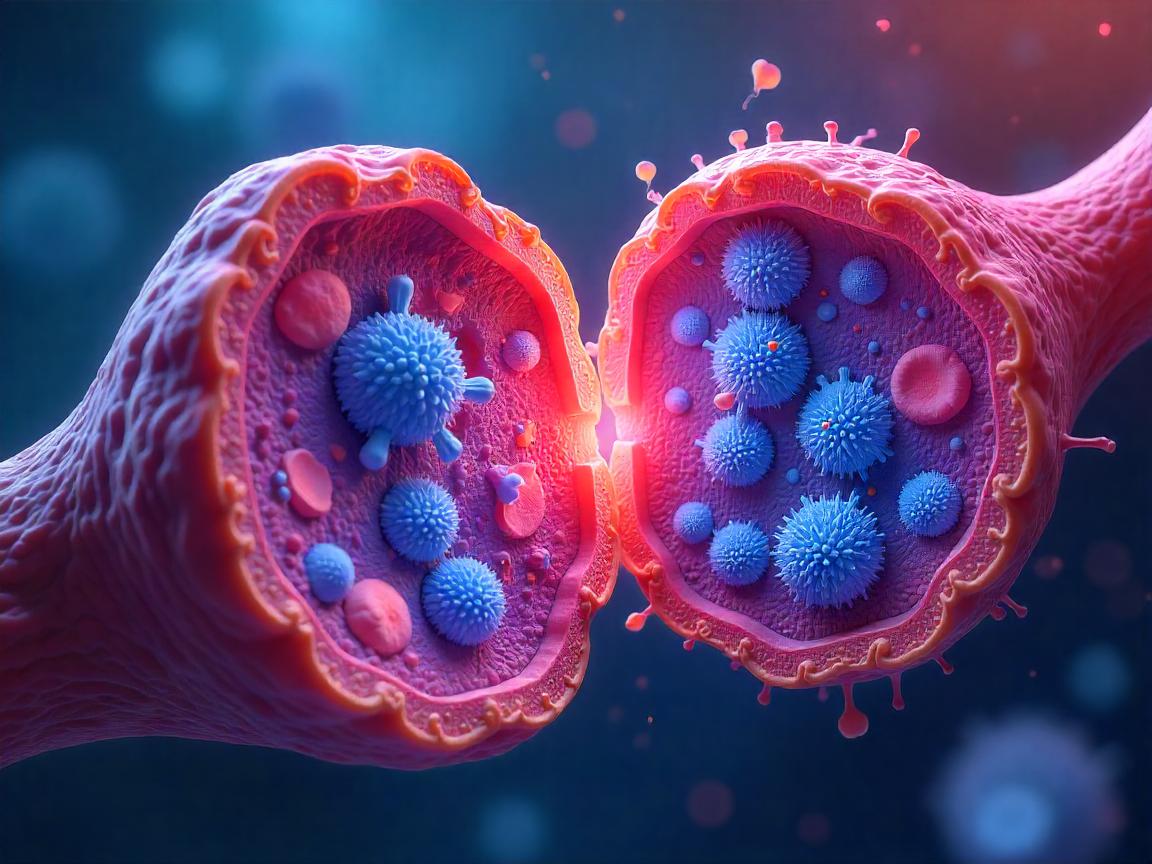
How a Harmless Change in Our Blood Can Affect Us
Growing older causes mild but important changes in our bodies. A change called clonal hematopoiesis (CH) can take place, where certain blood stem cell clones take over and make it likely that individuals will develop more kinds of diseases. Some recent research has pointed out that CH happens more often in those aged 50 and over, that it causes increased inflammation and it can raise the risk of cardiovascular and leukemia diseases.
Understanding Clonal Hematopoiesis
In clonal hematopoiesis, blood cells with mutations in DNMT3A or TET2 are made in greater number than normal. Because of these mutations, these clones grow faster than others and reduce the number of types of cells in our blood. Losing diversity in the microbiome may reduce the immune system’s ability to change and has been connected to more inflammation.
Real-World Implications
A patient who never had cardiovascular problems before and was 68 years old suddenly experienced a heart attack. He was eventually found to suffer from CH with a TET2 mutation. The changed gene is thought to have cause more inflammation which made it easier for plaque to develop in his arteries. These incidents help us see how CH is an important risk factor for conditions of the heart.
New methods for detection
Now, it is easier to find CH thanks to the EPI-Clone method produced by scientists at the Centro de Regulación Genómica and IRB Barcelona. Thanks to DNA barcoding, this approach helps spot the most common groups of blood cells in a sample. They help detect CH earlier, allowing effective steps to be taken that reduce the problems related to CH.
Expert Insights
These findings are revolutionizing our view of how blood ages, says Dr. Elaine Roberts. Paying attention to clonal expansions is very important for stopping diseases that come with age.”
The conclusion is that Active Monitoring is Very Important
While hidden, clonal hematopoiesis has an important effect on aging. Improving how we spot risks and increasing understanding of them can help us manage them better. Therefore, women who have reached 50 should begin having regular health checks in order to monitor for CH and, consequently, avoid serious complications.